
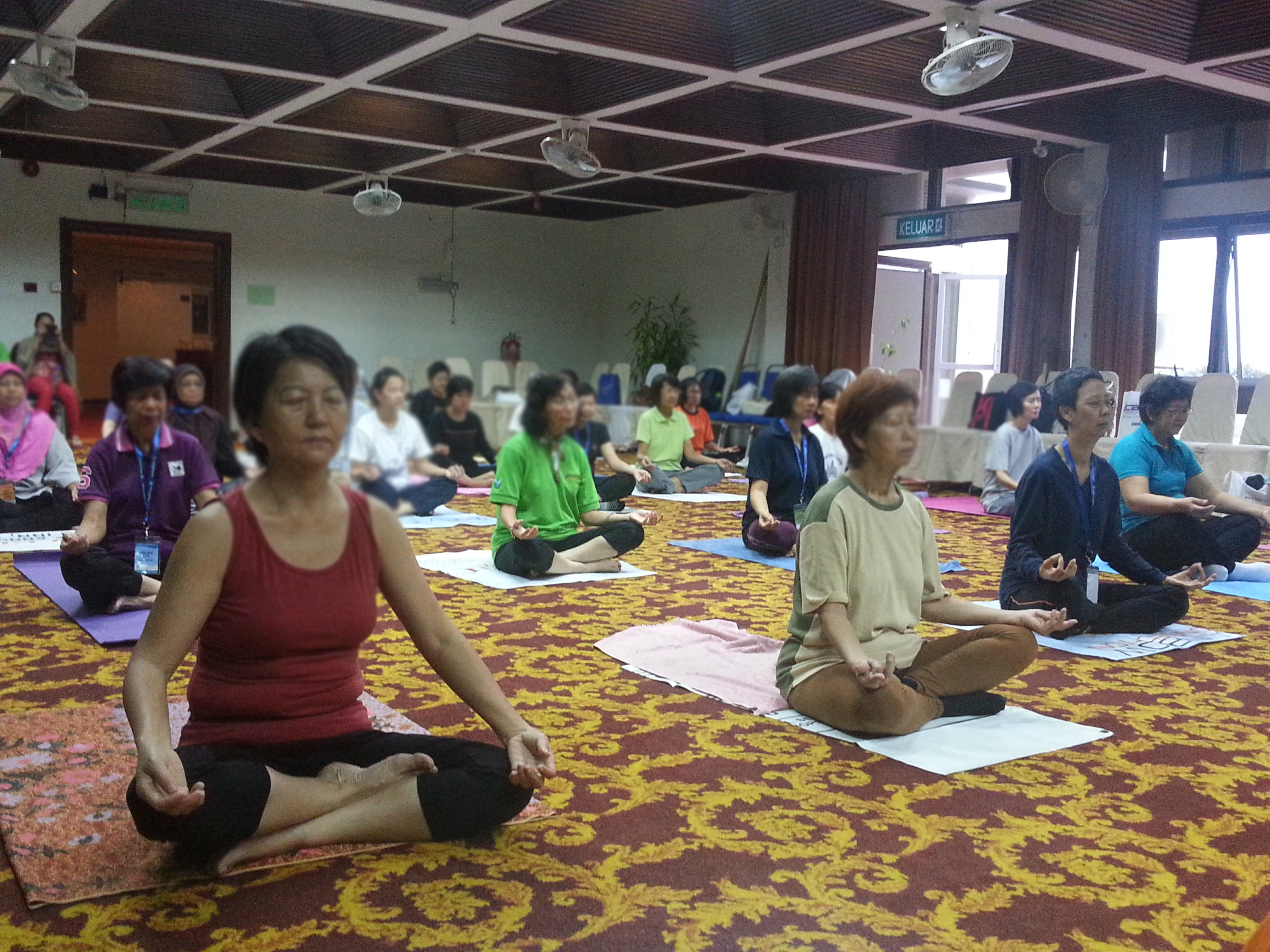
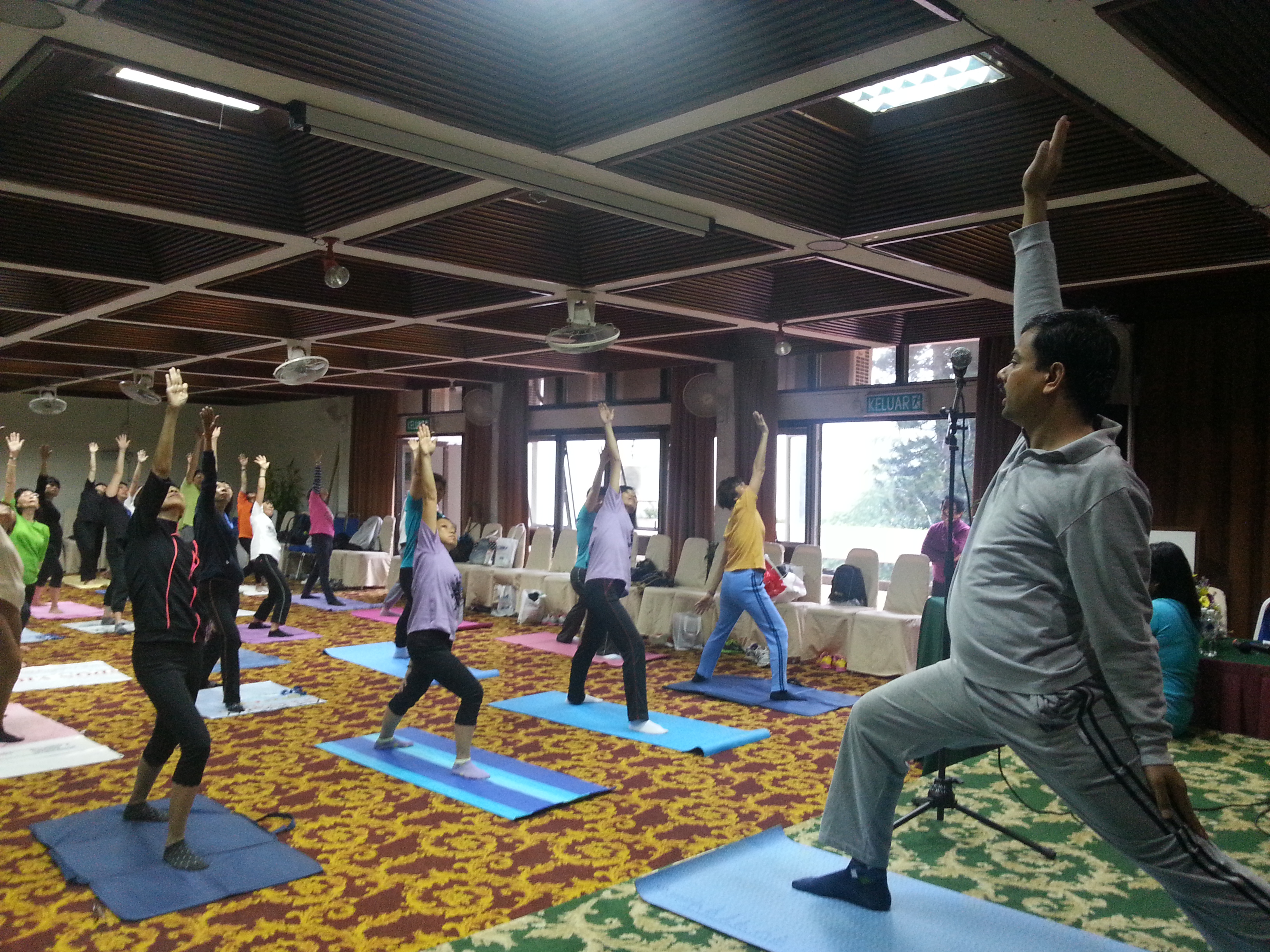
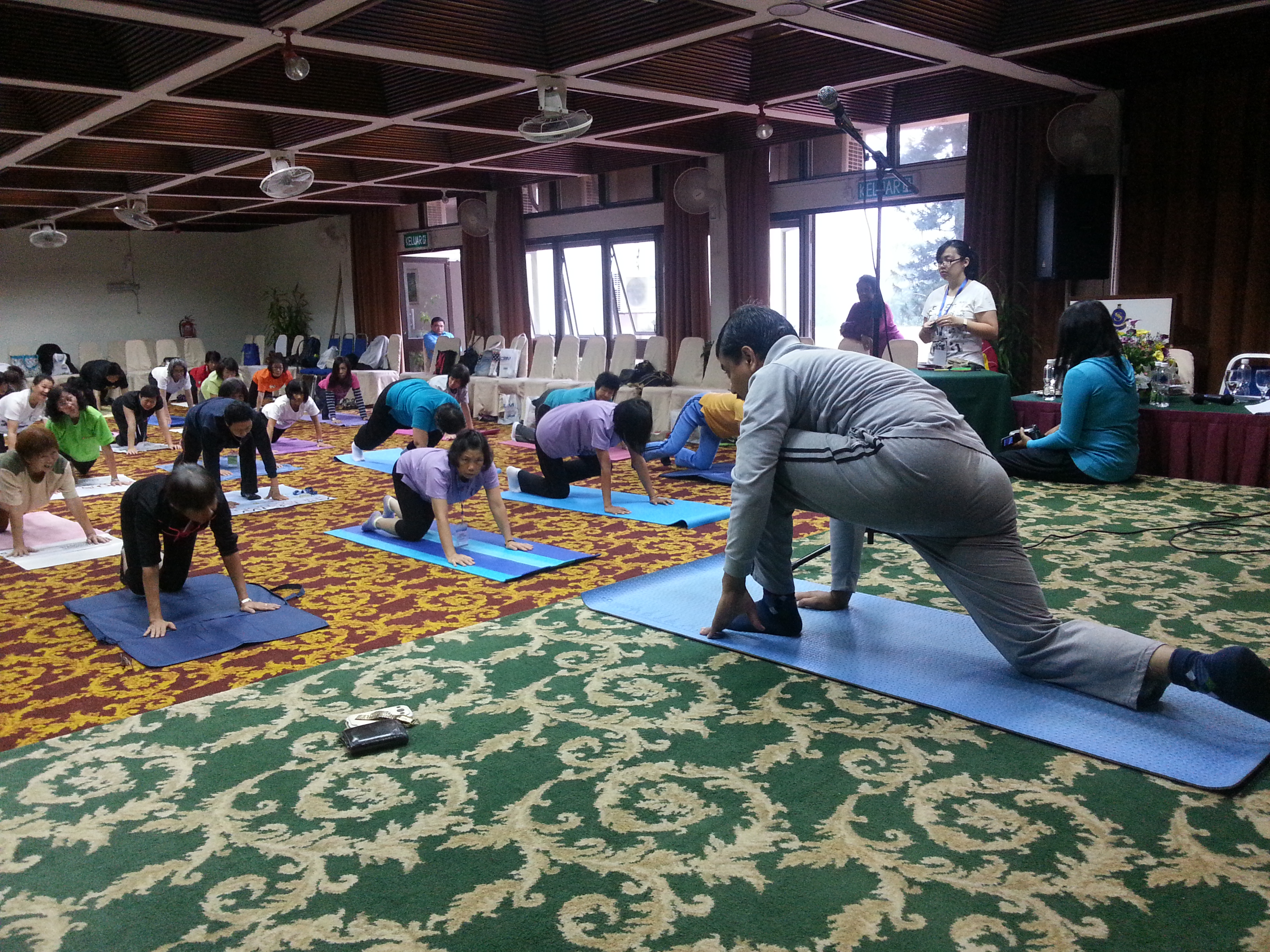


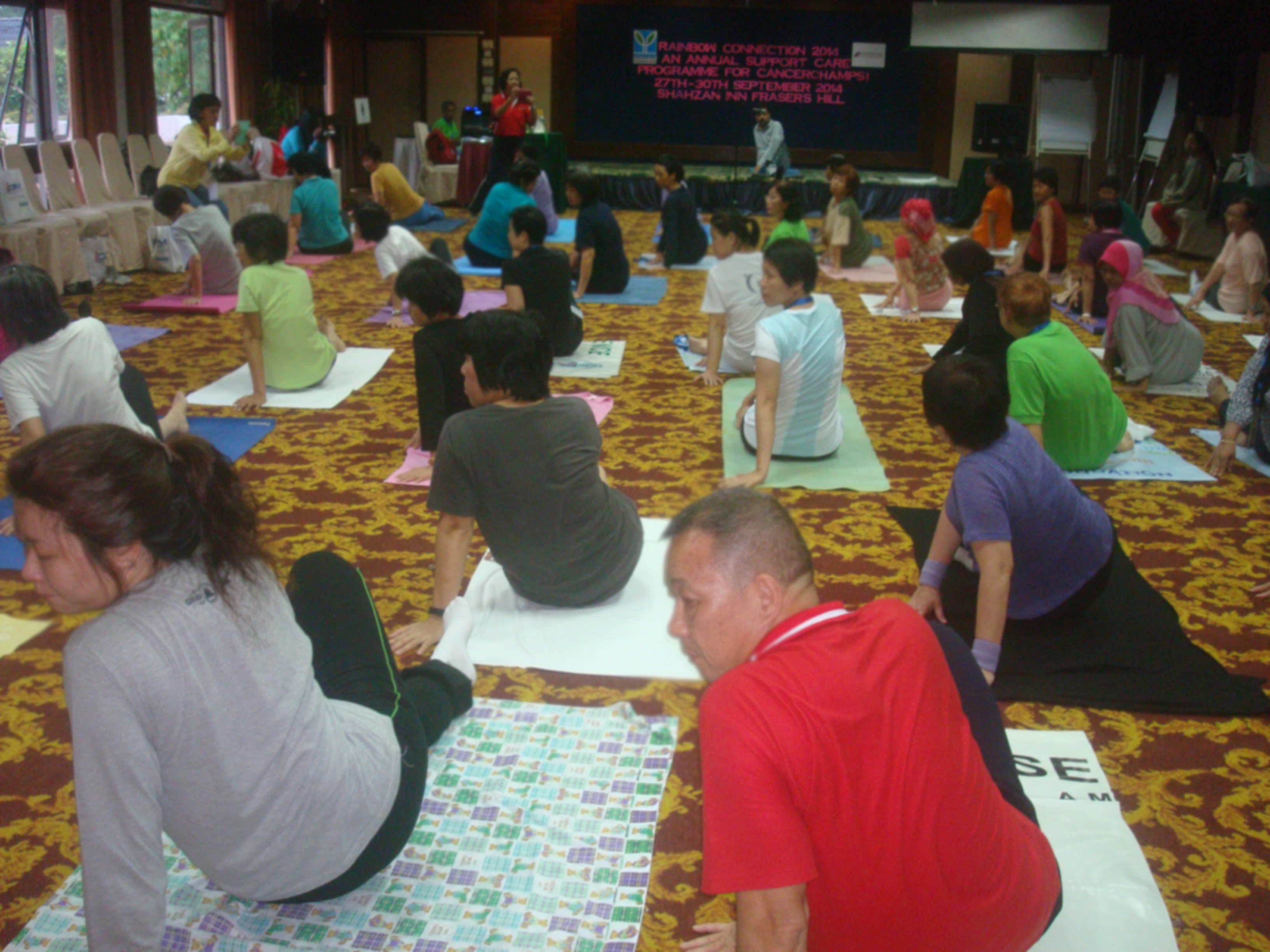
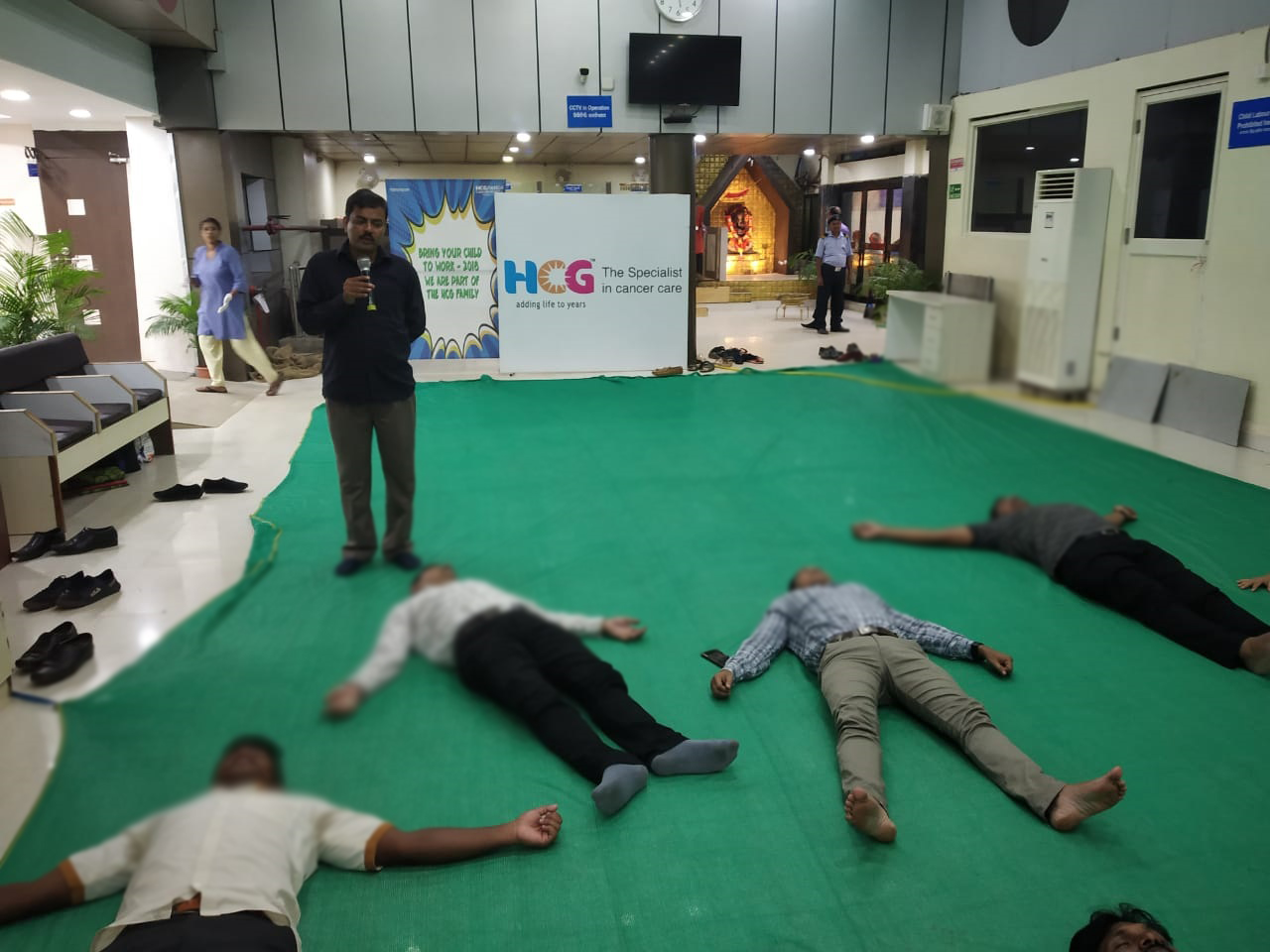
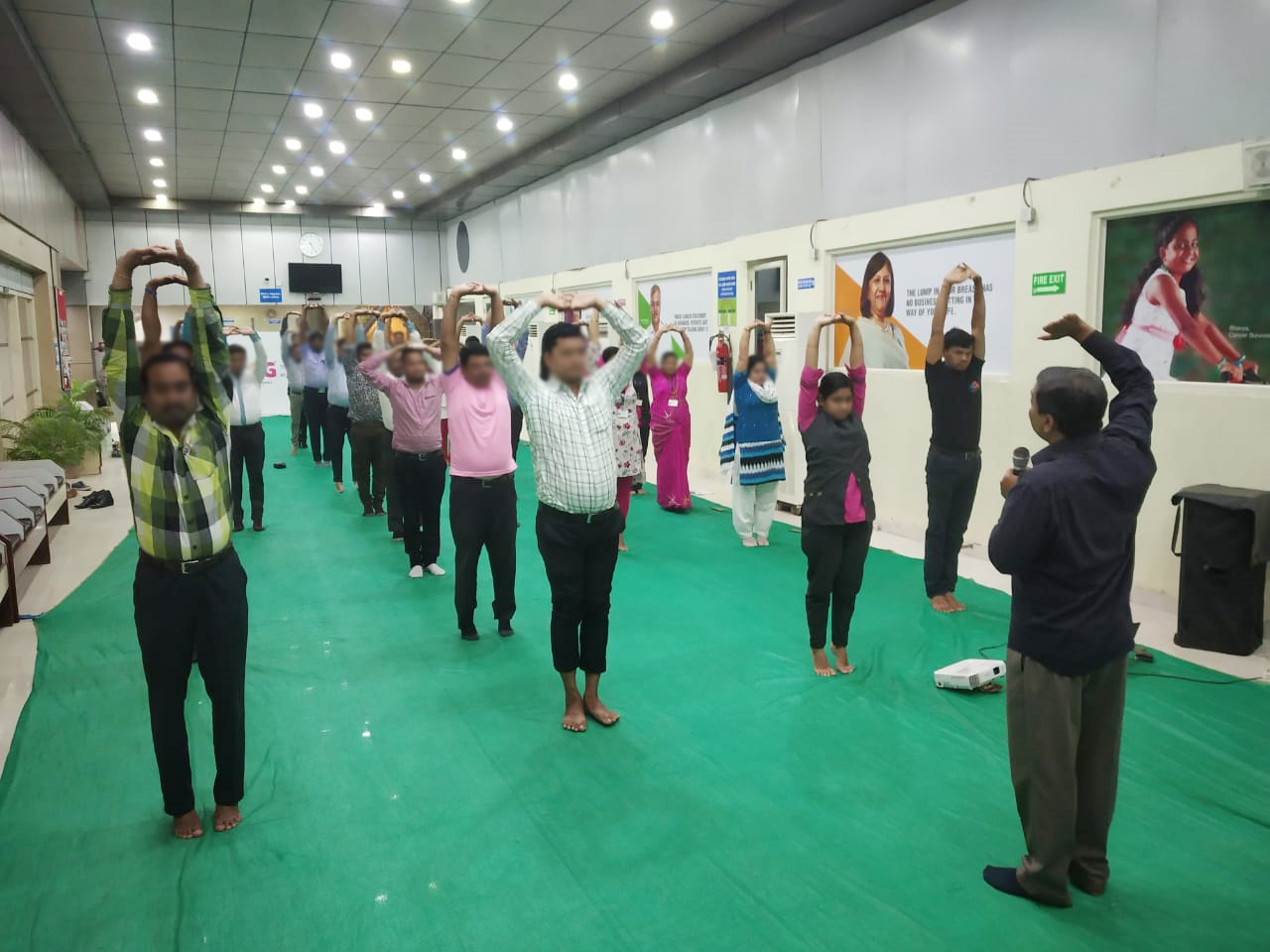

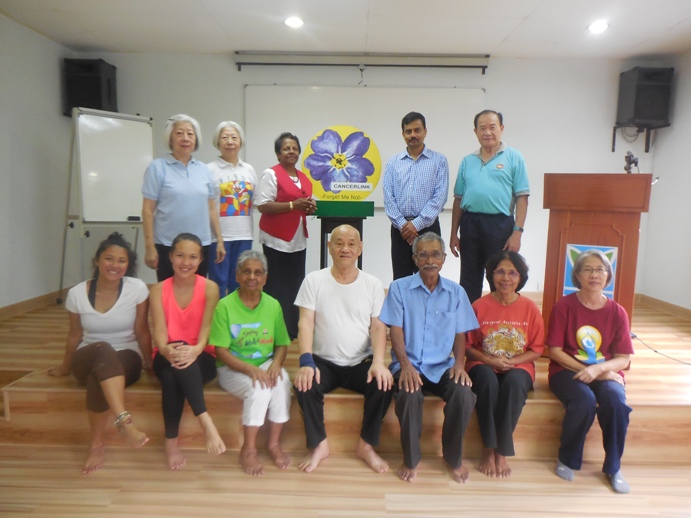

Yoga wellness for Cancer Patients and Survivors
Yoga—is described as a complementary therapy and not as a treatment for any disease. Now in the West, it is recognized by the National Center of Complementary and Alternative Medicine (NCCAM) as a mind-body therapy for wellness, symptom management, and overall health promotion.
Yoga is an adjunct therapy to the conventional allopathic treatment of chemotherapy, radiation, and surgery. It has been recommended as a complementary strategy to help individuals cope with the symptoms and side effects associated with cancer and its treatment.
Research studies have shown the positive physical and emotional effects of yoga which can bring to cancer patients and survivors, including managing symptoms like depression; anxiety; insomnia; pain; cancer-related distress; fatigue and enhanced respiration; improved appetite and bowel habits; increased sense of peace and tranquility; brings positive effects on emotional, cognitive function and mood; and overall quality of life.

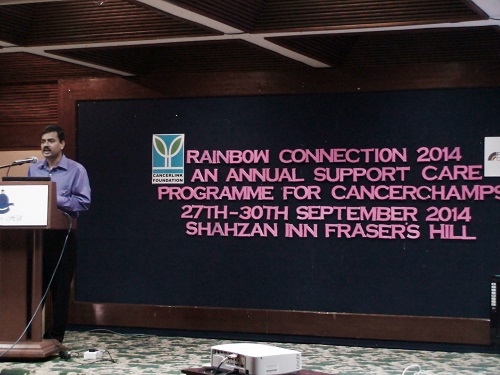
Cancer-related fatigue is one of the most common side effects of cancer and cancer treatment. This type of fatigue is very different than feeling tired from everyday life and generally may not be relieved with sleep or rest. Regular Yogic practices can help fight fatigue, boost your energy level, relieve stress and tension, make your muscles stronger, and help you sleep better.
The treatment of certain types of cancers brings with it serious physiological and psychological side effects in cancer survivors, including decreased aerobic capacity, muscle wasting, body composition changes, and a diminished overall quality of life. Yogic practices can help restore range of motion, relieve tension, and bring a sense of calm and well-being into one's life. These psycho-physical practices of Yoga enable participants to know their “Body-Breath-Mind-Sprit” better and bring a positive sense of oneness. Thus, Yoga can help people with cancer as transition from cancer patient to survivor and beyond.